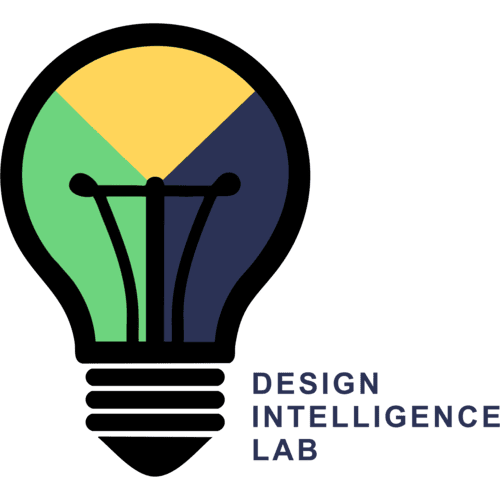Abstract
Despite the increasing prevalence of inquiry-based learning (IBL) platforms, IBL research still has many open questions in constructivist contexts, such as when to offer help. In this paper, we explore wheel
spinning in an open-domain inquiry-based modeling platform. We establish why closed-domain conceptions of wheel spinning do not work well in open domains, and we postulate key features of a working characterization of wheel spinning for an open-domain IBL platform. We also present AQ1
a comparative quasi-experimental study of two groups of learners: While both groups worked with the same publicly available IBL platform called VERA, one group used VERA in a large graduate class at Georgia Tech and the other group was composed of globally-distributed self-directed learners (SDLs) who accessed VERA through various public websites. We use sequential pattern mining on the results in order to determine what wheel spinning looks like on the VERA platform and how to best identify it. Generalizing, we apply this research to the quitting behaviors of SDLs. Finally, modeling both user groups’ action sequences into Markov chains, we identify the stage at which an IBL platform may offer
proactive feedback to the learners.
